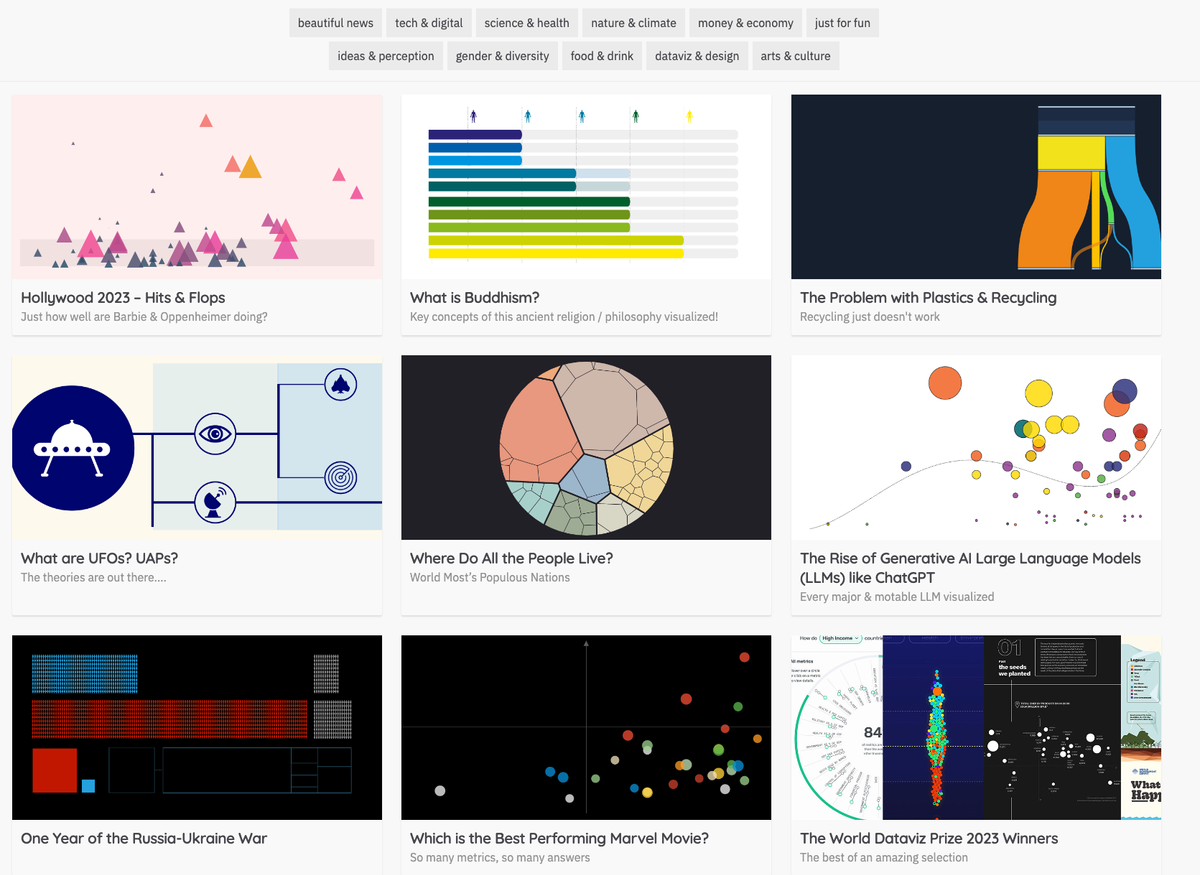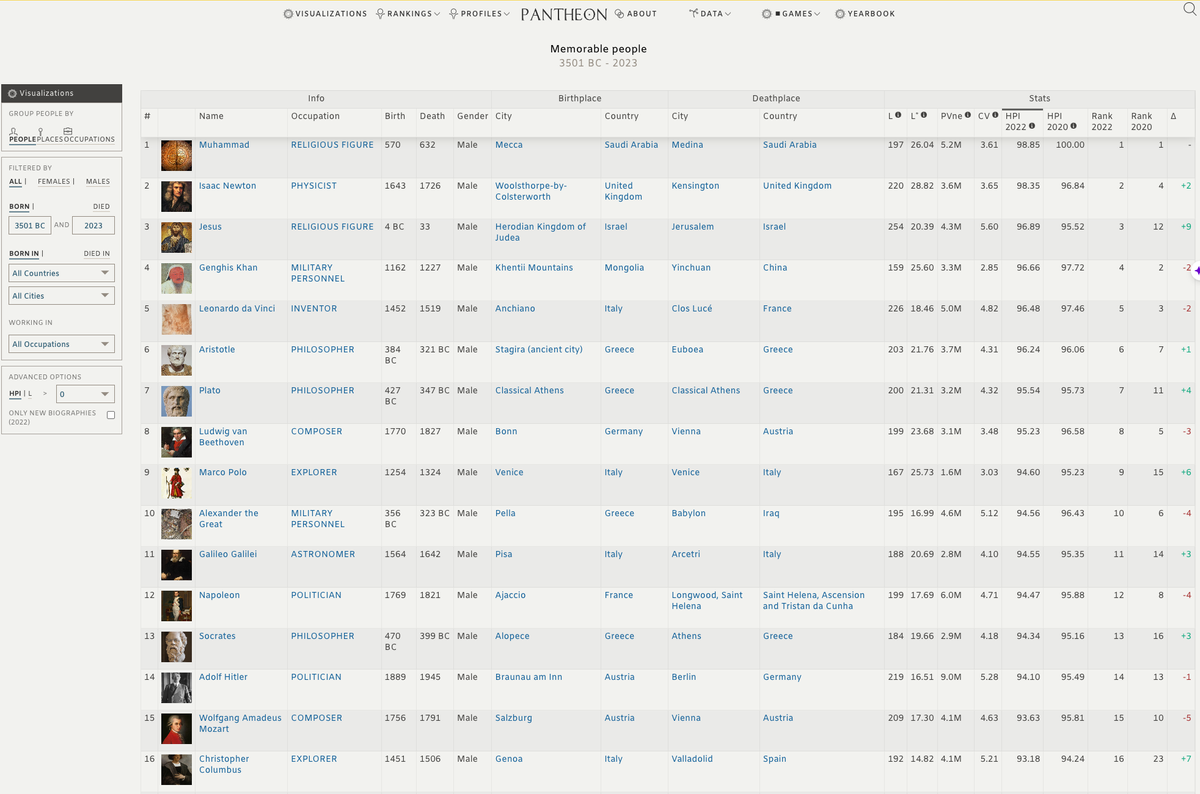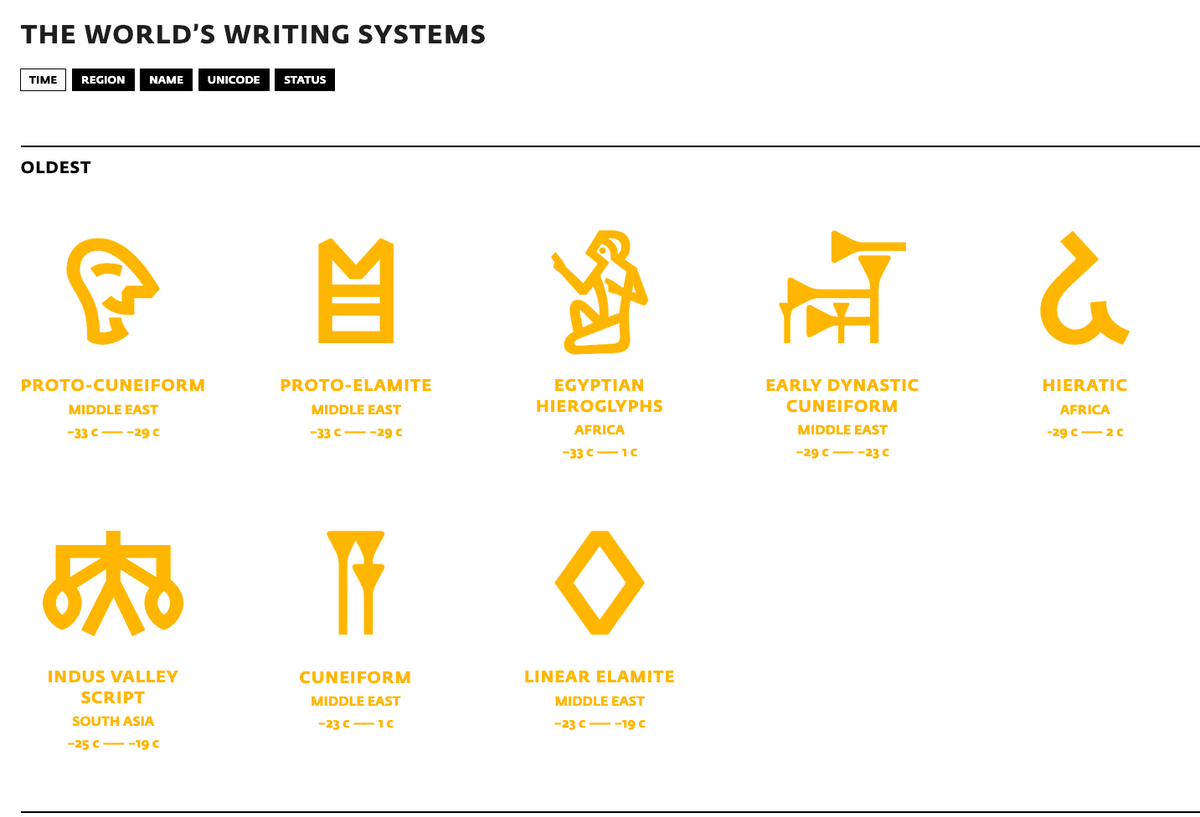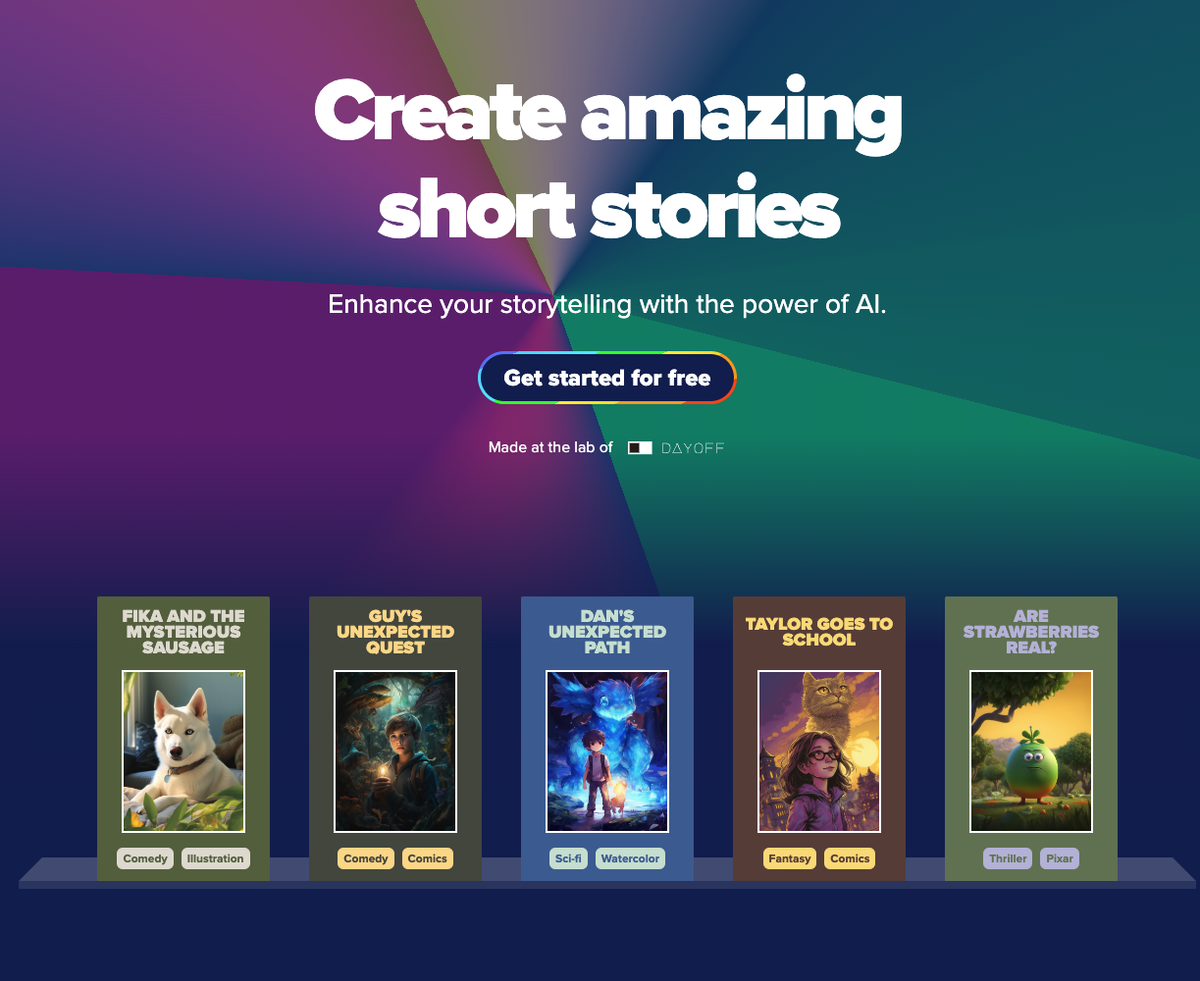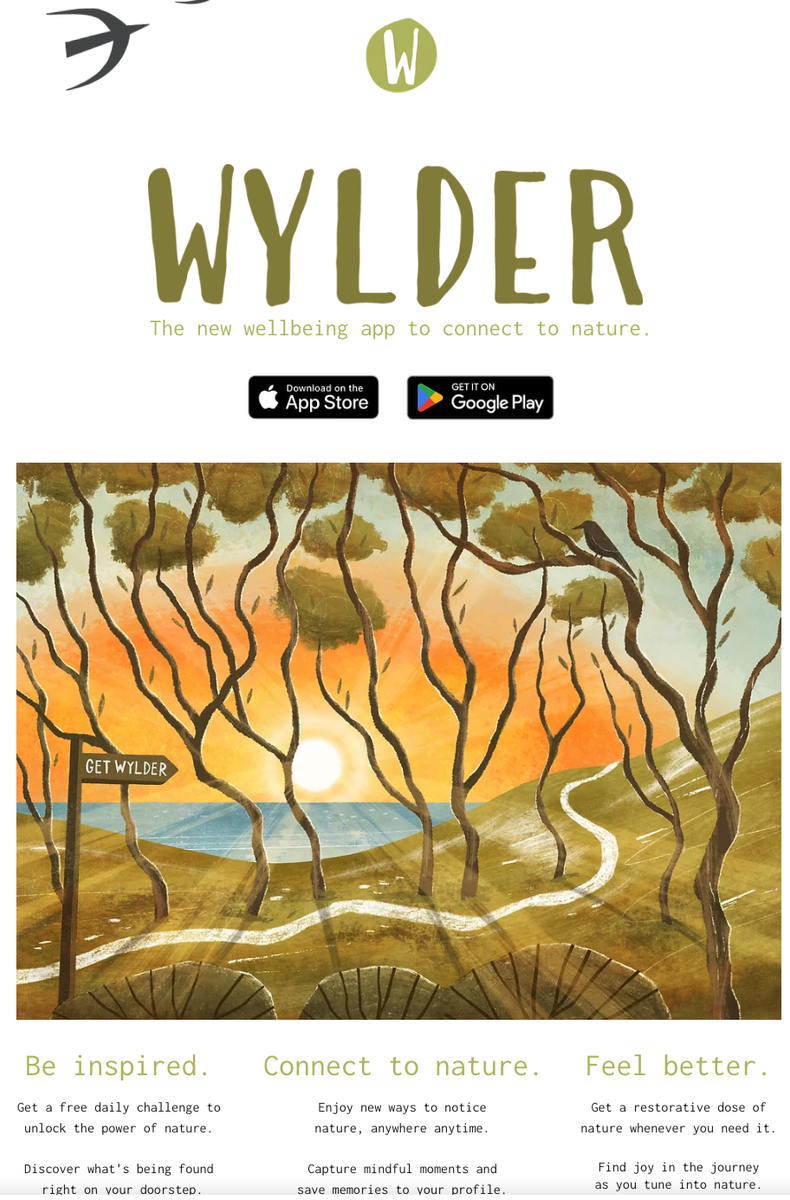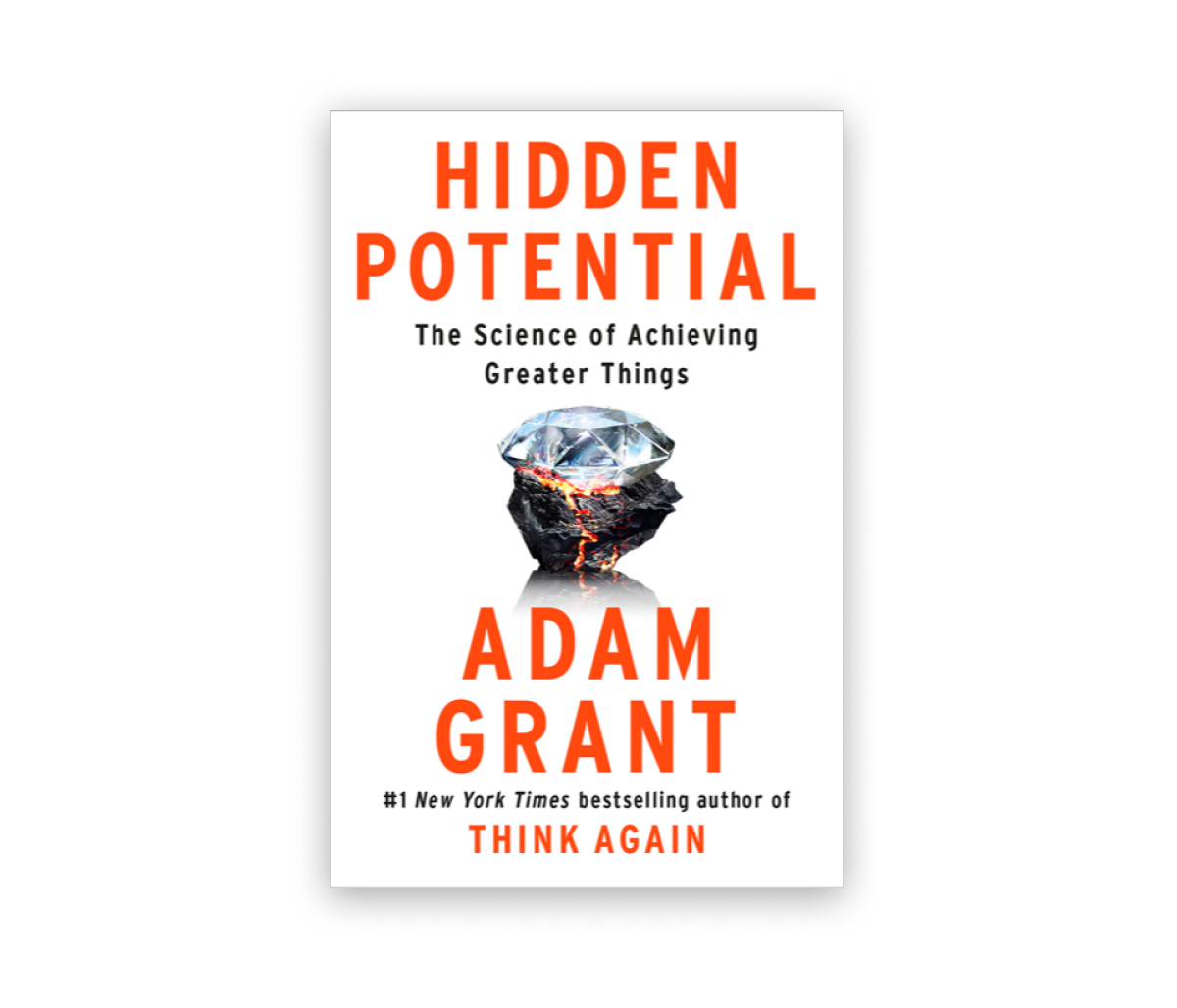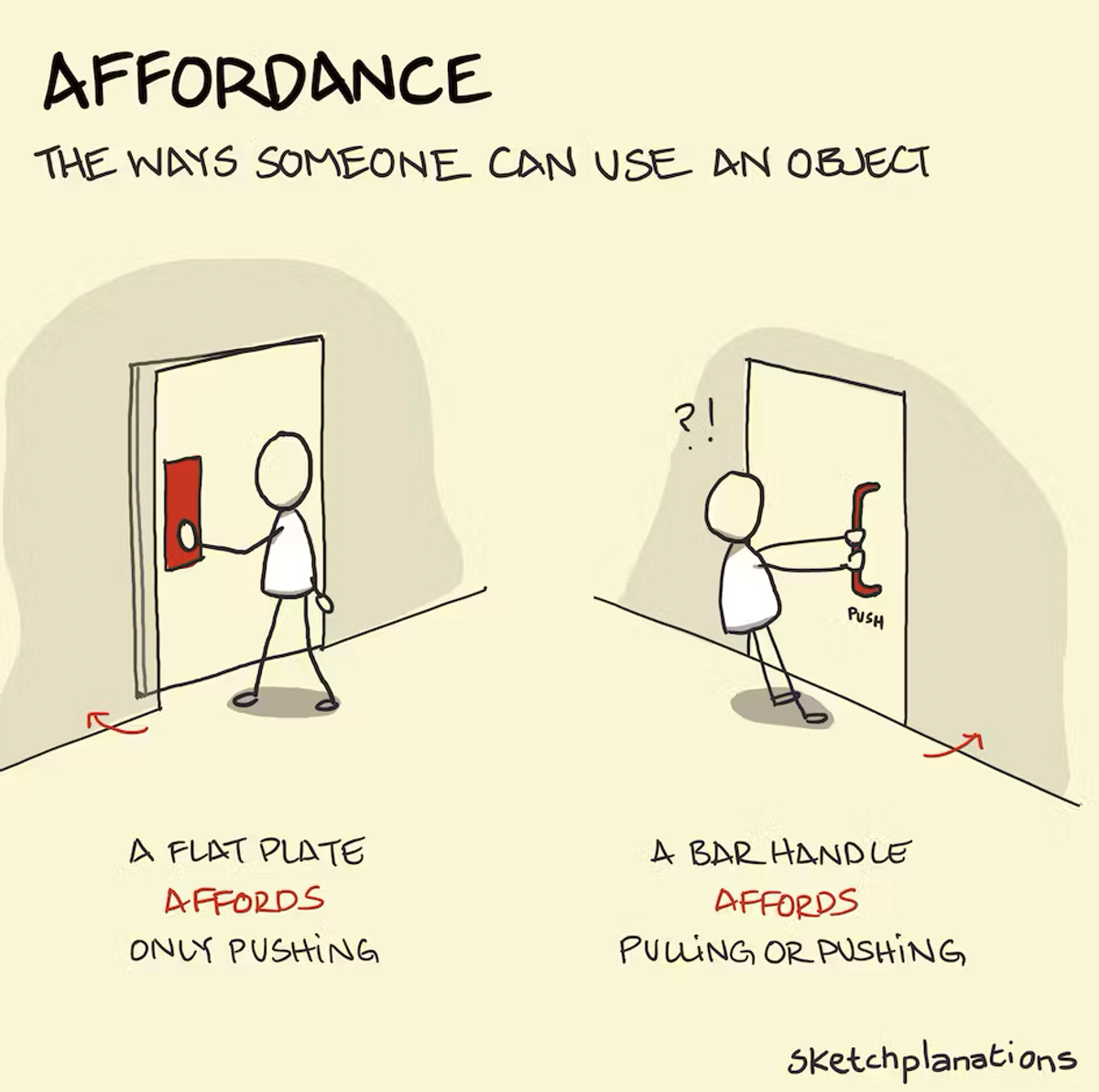Teachers' Page:
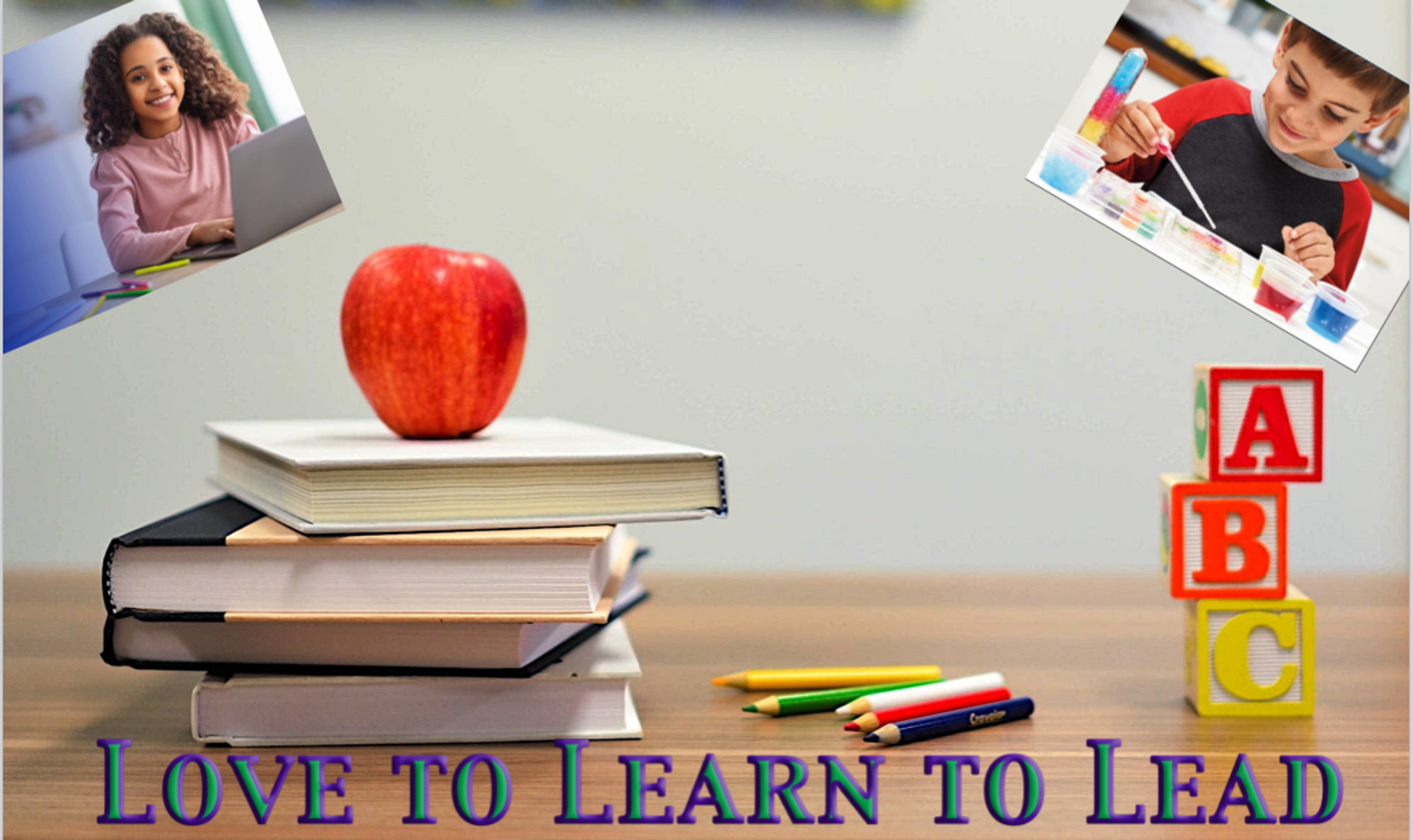
We start each week with a Monday Morning Meeting for staff. It's a time for information sharing, celebrating staff and children's achievements, laughter, building and strengthening the kaupapa foundations for our school, and a few tips on teaching, techie skills and even life. This page will be the place teachers can come back to if they want to revisit anything we covered in our Monday Morning Meetings.
It's really a page for teachers, but if you find anything worthwhile here for yourself, great.
Web Sites:
A video that shows how our brain changes throughout our life.
What happens to your brain when you age
A database with over 25 thousand articles from magazines and newspapers from all over the world.
An excellent website that provides lots of beautiful graphics and diagrams to help you make better sense of the world.
An interesting visualization developed by MIT with the most Memorable People from 3501 BC to 2023.
If you love Greek mythology, this website provides a complete list of Greek gods, their names, realms, and influence. Greek Gods and Goddesses.
A really fun app that will create stories based on a few indications. The first stories are free.
Creating amazing short stories with the help of AI
Techie Tips:
A new well-being app to connect to nature. Wylder.
Book Review:
Hidden Potential by Adam Grant
When we search for the secrets of success, we often look in dark corners - work all the time, try to be perfect, and battle to beat others.
That’s a mistake, says Wharton professor Adam Grant. The evidence points to a different, far brighter set of factors that can help us succeed.
- Develop good character.
- Become an information sponge.
- Pursue imperfection.
It’s all in his terrific new book, Hidden Potential: The Science of Achieving Greater Things.
1-sentence summary:
The true measure of your potential is not the peak you’ve reached—it’s how far you’ve climbed to get there.
1 important quotation:
“If our cognitive skills are what separate us from animals, our character skills are what elevate us above machines.”
1 surprising fact:
You can predict how much money people earn in their twenties from the amount of experience their kindergarten teacher had. The more experienced kindergarten teachers didn’t give kids a lasting edge in cognitive skills for reading and math—what they instilled in kids were the character skills to be proactive, prosocial, disciplined, and determined.
1 key takeaway:
Put yourself in the ring before you feel ready. You don’t need to build confidence before you take the leap— your confidence grows through taking the leap.
Get the book: Amazon • Barnes & Noble • Indie booksellers • Public library
The science of curiosity: why we keep asking “why”
https://nesslabs.com/science-of-curiosity
Anne-Laure Le Cunff
Children have an incredibly inquisitive mind. “Why?” they keep asking. They explore new things for no other reason except wanting to know. Researchers tried to figure out how often kids ask questions. Turns out, a lot: on average, children ask 107 questions per hour!
But it seems that we tend to fall into fixed and convenient cognitive patterns as adults.
“Schools do not always, or even often, foster curiosity,” says Susan Engel, author and senior lecturer in psychology.
Her research shows that what she calls “episodes of curiosity” — such as asking direct questions, manipulating objects, or intent and directed gazing — occurred 2.36 times in an hour stretch in kindergarten and only 0.48 times in a fifth-grade classroom. So, what’s going on, and is it ever too late to rehabilitate your curiosity?
Creativity gets unlearnedWhen NASA was looking at hiring highly creative people; they hired Dr George Land to devise a test that would accurately measure creative potential. Dr Land collaborated with another researcher, Dr Beth Jarman, to create a test that measured divergent thinking, or the ability to look at a particular problem and devise multiple solutions.
The test worked well and is still a cornerstone of research around curiosity. But Dr George Land, being curious (see what I’m doing), wanted to go further and understand the underlying mechanics of curiosity.
Where does it come from? How does it evolve through our lives? He led a large-scale observation study of 1,600 children to answer these questions. He got the kids to take the test at ages 5, 10, and 15. The first time they took the test, 98% scored the highest possible score on the creativity test. The second time they took it, five years later, only 30% of the very same children scored well on the test. Even more depressing, the third time they took it — by now in high school — only 12% of kids did well.
What about adults? Well, it’s not getting any better. Based on a sample of 280,000 people, less than 2% of all adults are defined as creative based on their answers to this standardised test. Some evidence suggests that our increase in knowledge could cause this dramatic decrease in curiosity as we grow up.
Once we feel like there’s no gap between what we know and what we want to know, we just stop being and acting curious. But why should we care?
3 Surprising Benefits Of Curiosity
Based on the results above, it seems like most adults go about their lives without any effort to foster their curiosity. You might think that’s not such a bad thing after all. But curiosity has magical properties which scientists have extensively studied.
Curiosity keeps you young: research shows that keeping a sense of wonder throughout life and a novelty-seeking behaviour helps people stay young. A study that followed aging individuals while tracking their curiosity levels found that those who showed high curiosity levels were more likely to be alive five years later.
Curiosity helps you learn: there is strong evidence that curiosity helps you better remember new information. The more curious you are about a topic, the more likely you will remember it.
Research shows that curiosity fosters better relationships: being genuinely interested in other people helps build more robust relationships. This means a greater feeling of intimacy and creating the foundation for meaningful relationships. Convinced you should do more to cultivate your curiosity? The good thing is that a low level of curiosity doesn’t mean your curiosity is just gone. In most adults, it’s mostly suppressed. In fact, every time you go to bed to sleep and you start dreaming, you let your curiosity run wild.
How to cultivate your curiosity
A few simple activities will help you foster your curiosity and by extension, increase your creativity. Try a few and see which ones feel most effective for you personally.
1. Ask questions: randomly ask yourself questions like why? and how? when reading something or chatting with friends. You can even write down some of these questions to take the time to find the answers later.
2. Read outside of your field: pick a type of book you would never naturally buy in a bookstore. Is it classic poetry? Non-fiction? A cookbook? Something about geology? Read it just for the sake of reading it, even if it doesn’t directly contribute to your work.
3. Be inquisitive with people: choose someone in your entourage that you haven’t seen in a while and invite them for coffee. Make it your goal to learn as much as possible about their interests. Take that approach any time you meet a new person.
4. Practice saying less: this is linked to the previous one. Try to talk less and to listen more.
5. Immerse yourself in a topic: select a topic that you find interesting, and push the limits of your curiosity by going deep. This means reading lots of articles, books, and research papers, watching TED talks, and listening to podcasts.
6. Write: take it to the next level by writing about this topic. This is exactly what I’m doing here. By committing to write on this blog, I get to explore new topics and cultivate my curiosity.
7. Carry a notebook: it will make it easier to remember topics you’re curious about and want to either research or write about later.
8. Learn about yourself: curiosity doesn’t need only to be outward. Explore your feelings, ask yourself about your goals and behaviours, or even research your past and family history.
9. Slow down: productivity can be the enemy of creativity. Take the time to let your mind wander and let questions pop into your head.
10. Hang out with a child: playing and talking with a child is probably one of the best reminders of our potential for curiosity.
We were all born curious. As adults, it’s our choice to be curious or not. It does take some conscious effort, but it’s worth investing in our curiosity to make the most of life's extended liminal space.
Sketchplanations
VUCA
VUCA stands for Volatility, Uncertainty, Complexity and Ambiguity.
The VUCA framework is a reminder to consider how to lead and adapt to the challenges of living in a volatile, uncertain, complex and ambiguous world.
In his book Leaders Make the Future, futurist Bob Johansen provides counterpoints to each that leaders can use:
- Volatility yields to Vision
- Uncertainty yields to Understanding
- Complexity yields to Clarity
- Ambiguity yields to Agility
We live in a VUCA world, but we can handle it.
The VUCA framework originated in the US Army War College.
Affordance
An affordance is what someone can do with an object. When you see a well-designed everyday product, the perceived affordances should indicate how to use it.
You shouldn't have to struggle to figure out how to use your shower to take a shower, and you shouldn't have to use trial and error—perhaps drenching yourself in cold water in the process. The design of an everyday thing should make it evident. An object should communicate a good part of how to use it through its affordances.
A recessed button affords pressing it. A sticking-out dial affords twiddling it. A toggle switch affords toggling. An apple affords tossing and catching it; an anvil doesn't. A high stool affords sitting, leaning against or standing on it.
Don Norman, who popularised the term in his classic book The Design of Everyday Things, talked a fair bit about doors. We can push or pull a door or slide it to the side. Sometimes, doors open upwards (though rarely downwards). In something as fundamental to our everyday living as a door, you might think that we had nailed their design sufficiently not to misuse them. However, I'm willing to bet that, like me, you have pulled a door when you needed to push it. A common culprit is adding a bar handle to a door on the side you need to push. While a flat plate attached to the door affords only pushing, a bar handle begs you to pull it. Often, a door designed this way gets a sign saying "Push." As Don Norman says, if your design needs a label, consider another design.
Once, I nearly walked away from a library with my two small boys because of door confusion. After going through an outer set of glass doors that slid open automatically as we approached them, the next set of glass doors stood resolutely shut. Concluding that the library must be closed, we were just walking out when someone walked up to the second set of glass doors and simply pushed them open. The first set of automatic doors had so cued me that the second set would also be automatic, and the glass doors held no clue that they would operate differently from the outer set that I almost failed to get into an open building.
Don Norman became so well known for pointing out the flaws of everyday objects that poorly designed products became known as "Norman doors."
Don Norman's frustrations are mostly for everyday things. If you are an air traffic controller or an astronaut flying a space shuttle, it's reasonable to expect that some training may be wise to use all the advanced functionality. Yet in specialised environments like healthcare, good design—like avoiding storing drugs in alphabetical order—is critical to reduce the potential for failure.
Digital products struggle to provide affordances. Apple's touchscreen interactions and trackpads have little discoverability of what you can do with them: swipe down from the top-right, swipe up from the bottom, double-tap the side button, long-press on an icon, two-finger swipe right, triple-finger tap—all effectively invisible. Interactions like these reward repeated use and require learning to be effective.
However, I think it's reasonable to expect a warm shower in a hotel on your first try without requiring training.




